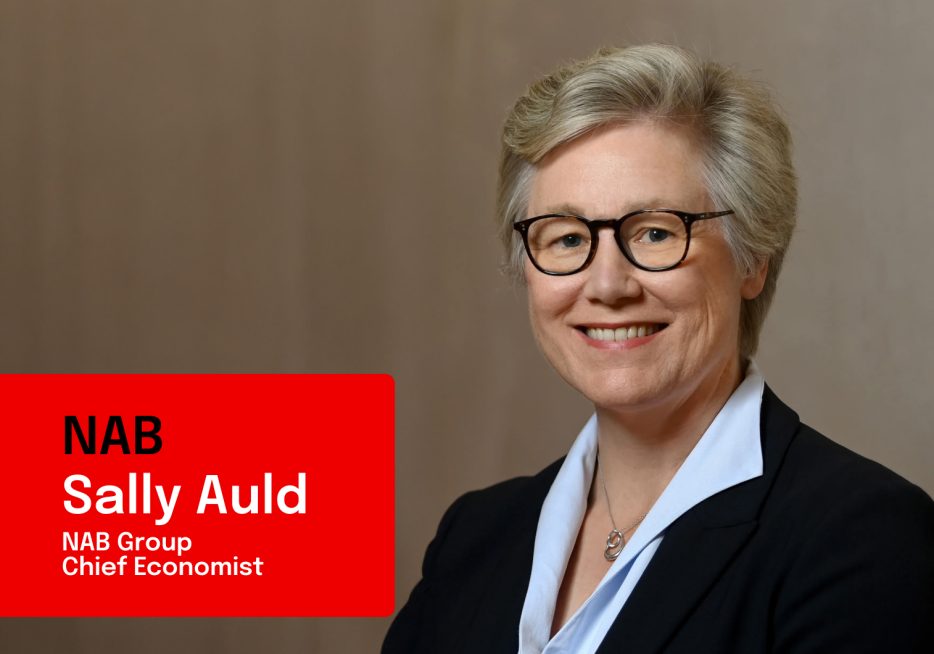We hear from NAB Group Chief Economist, as she shares her latest economic update. Watch now.


With an increasing focus on work–life balance, an organisation has a lot to gain from allowing employees to work from home. Creating a virtual office environment can transform a business, save money and improve staff morale and work rates, according to John Maley, Director of Unisys HR. Speaking from direct experience. Unisys, an information service […]

With an increasing focus on work–life balance, an organisation has a lot to gain from allowing employees to work from home.
Creating a virtual office environment can transform a business, save money and improve staff morale and work rates, according to John Maley, Director of Unisys HR.
Speaking from direct experience. Unisys, an information service provider and outsourcing consultancy, introduced a telecommuting program several years ago. It’s proved so successful that the program has been expanded and is promoted as one of the benefits of working for the company.
Maley, himself, works from home two days a week. He says the advantages of this type of flexible working arrangement for an organisation go way beyond cost savings on office infrastructure, such as desks, chairs and phones – “it’s a recruitment and retention tool for us.”
He also believes that a virtual office environment creates a more committed and contented workforce. “It allows staff to combine aspects of their personal life with work,” he explains. “Some people like the flexibility of being able to drop off and pick up their kids; they like being able to schedule tradespeople and deliveries.”
But Maley, who has developed and managed outsourced divisions and has consulted to businesses on the pros and cons of virtual offices, cautions that it’s important to be disciplined in the management of such a team.
“You still have regular team meetings but they’re teleconferences,” he says. “They should happen at the same time each week and staff should know they must attend. You also have to make sure regular one-to-one conversations happen on the phone.”
Essential technology, says Maley, is simply a computer and a broadband web connection, although smartphones are also becoming a vital ingredient for those who travel.
“You need to look at the OH&S issue,” he adds. “People should have proper desks. You don’t want them sitting at home with laptops on their knees.”
Finally, if outsourcing certain responsibilities, from HR processes to accounting or even the employment of a virtual assistant, Maley says clarity is everything.
“Outsourcing can work very well but you have to realise there’ll be challenges,” he says. “If you go in with a very clear understanding of what you’re expecting, very clear service-level agreements and very good documentation then it will work.”
© National Australia Bank Limited. ABN 12 004 044 937 AFSL and Australian Credit Licence 230686.